
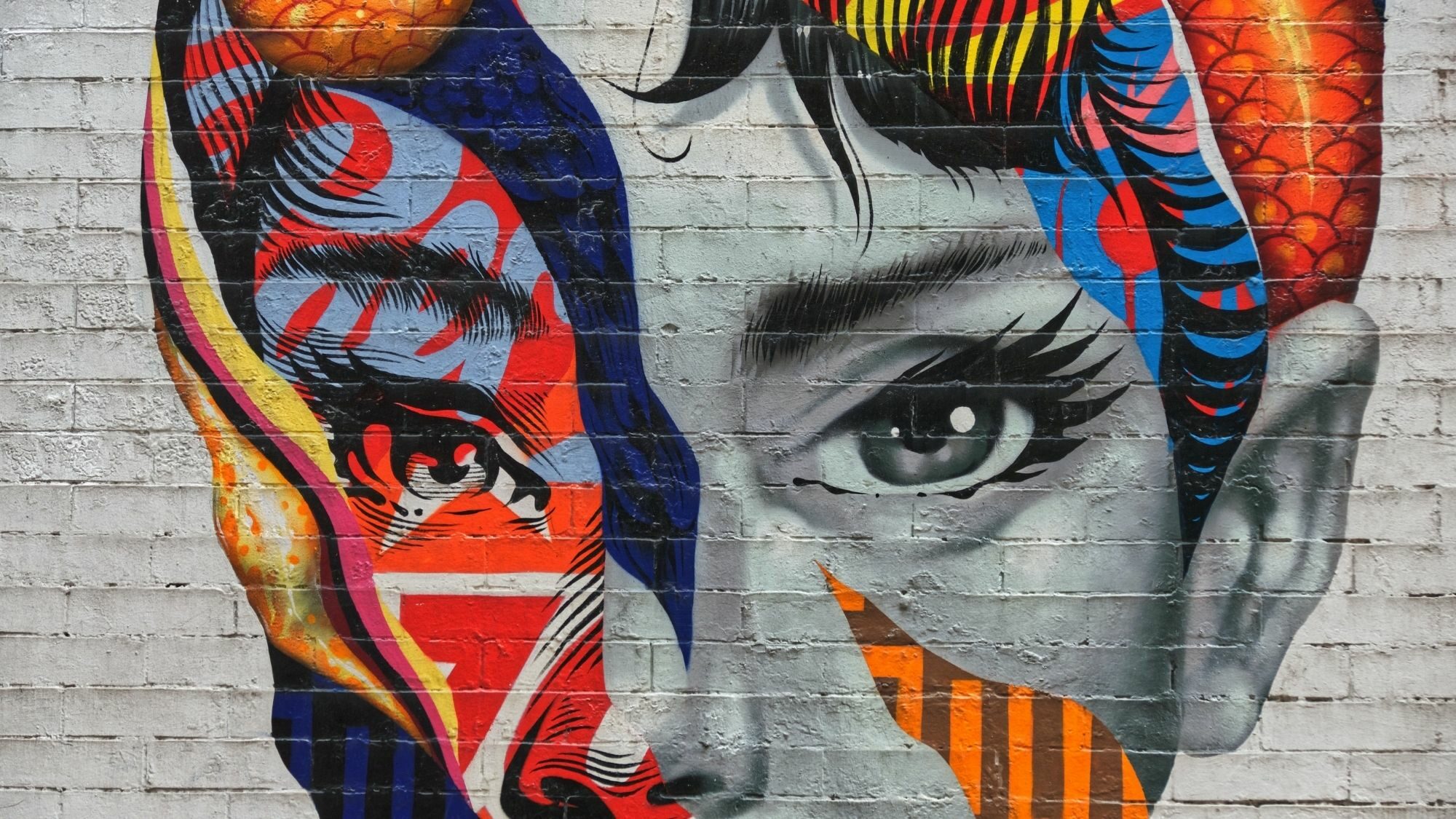
As a certified B Corporation, we’re of course committed to promoting equality in the workplace. However, we’re particularly passionate about encouraging women in creative industries. So, this International Women’s Day, we asked our team to share their experience – including what attracted them, their favourite campaigns, and the impact of COVID-19.
If you’ve worked with us before then you’ll probably know Fiona Koch, our Account Planner & Director. In a previous life, Fiona consulted for leading social innovators with the global nonprofit Ashoka in Ireland, where she managed national and global media partnerships. At Raw London, she leads on account management, communications, and strategic planning.
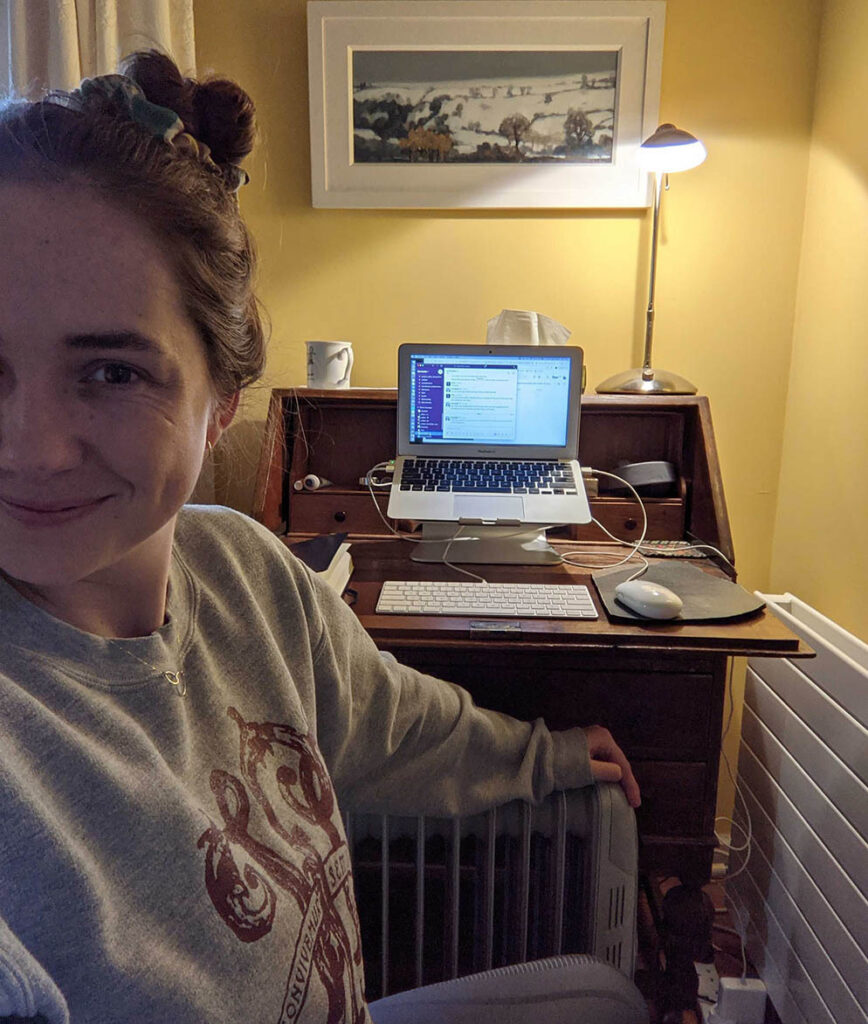
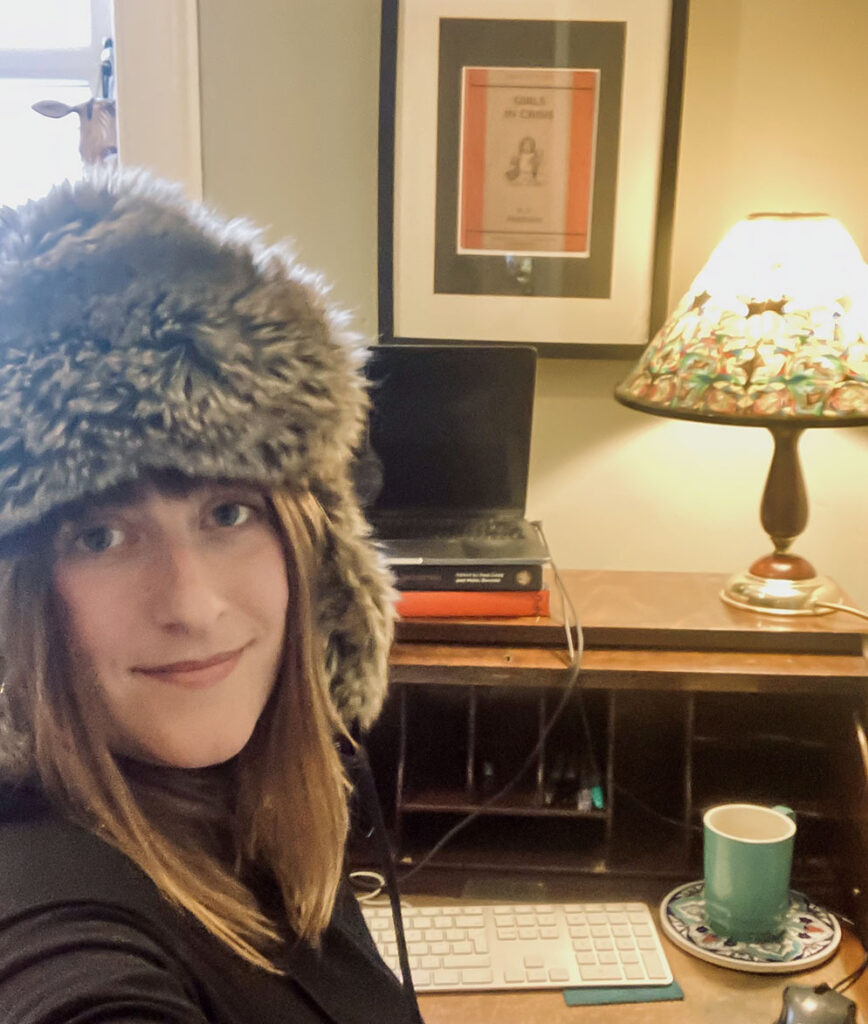
Amber Parsons is a multi-award winning creative director with over 10 years experience of producing and directing factual documentaries, branded content and video campaigns. She manages Raw London’s creative production process – from developing concepts in initial brief through to production and final delivery.
Louise O’Reilly joined Raw London just over a month ago as Campaign Project Manager and, in a baptism of fire, is taking over the delivery of key international campaigns this year. Previously, Louise was a Project Manager at Imagination for 8 years, an experience design agency working with global brands.
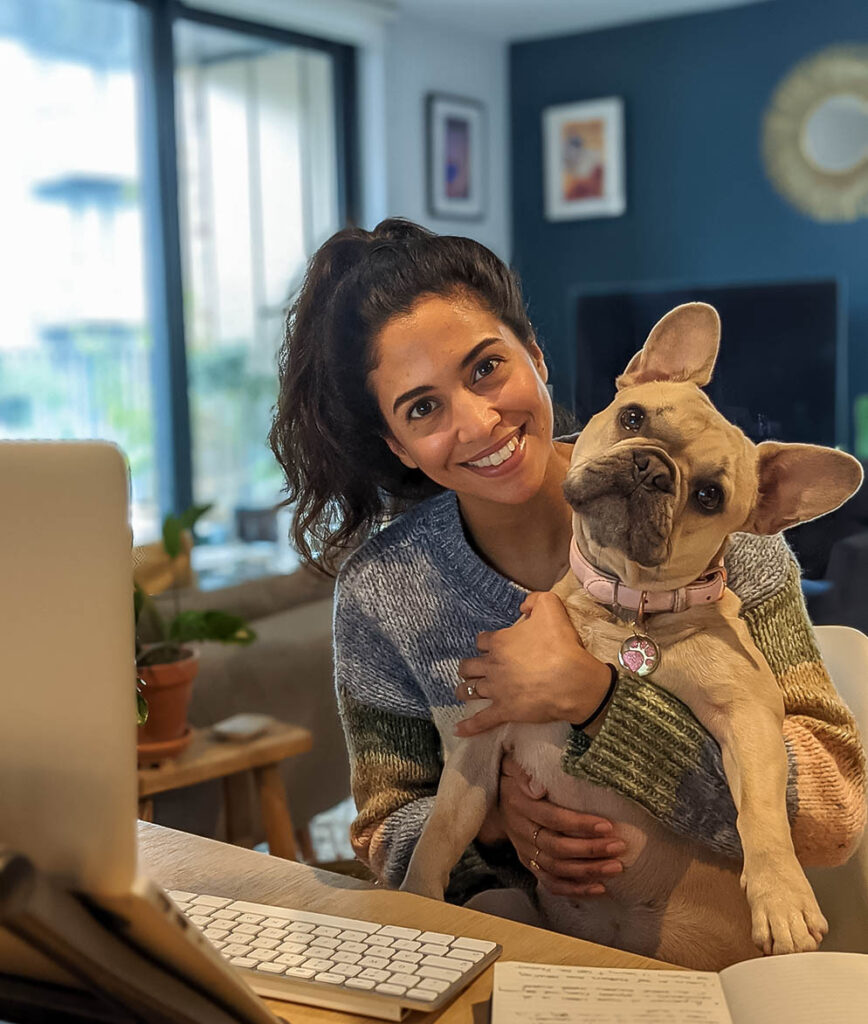
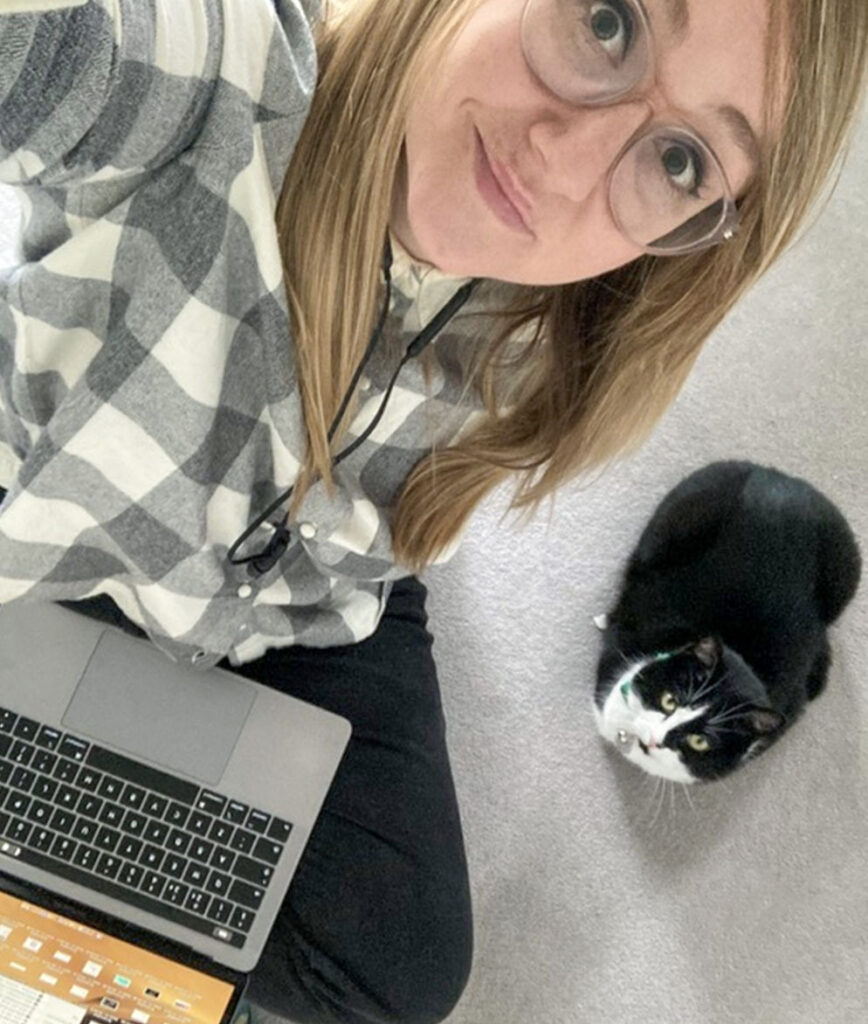
Last but not least, me, Charlotte Harris. As Marketing Director, I head up the agency marketing strategy and planning. The aim is to connect with clients and build our profile in the sector. For example, I run our own network for charity marketing, comms and fundraising professionals: Relay by Raw London. I’ve also been lucky enough to work closely with our creative and strategy teams to develop and deliver award-winning campaigns for a whole host of clients.
Fiona: My background is in charity comms and I really wanted to move into the creative industry to be closer to the ‘making’. Working at Raw London felt like the perfect blend of both worlds – I still get to be part of change-making in the third sector, but I’m also involved in helping charities use strategy and creative to do it more effectively, which is very rewarding.
Amber: For me it’s always been about storytelling. Exploring diverse narratives and different people’s perspectives, experiences and ideas. Creative communication is such a powerful tool that we can use to encourage debate and collaboration whilst engaging with audiences from all walks of life. We’ve observed time and time again that a strong communication strategy on an issue can genuinely change minds and change people’s lives. I feel privileged to be able to work in this industry and to have the chance to develop the work we create at Raw London.
Louise: I was always drawn to creative thinking and ideas. So, I wanted to join an industry where I could work with like-minded people and contribute to creative briefs.
Charlotte: Same for me really! Plus I’ve always loved marketing because it’s inherently creative and strategic. Yes, marketers love branding and messaging, but really it’s about positioning, thinking strategically, understanding the wants and needs of your audiences. Essentially, it’s about influencing the way people see or interact with you – and that’s what drew me to the creative industry.
Fiona: Ah tricky! I’m very proud of everything we’ve created with the British Red Cross, from our integrated Refugee Week campaign to the role we’ve played in helping them fundraise during the pandemic with DRTV.
Charlotte: Yea that’s so tough! I’ve personally learned a lot from our #ChooseGP campaign with Health Education England. It’s allowed me to deep dive into research and insights, and evolve the campaign over a number of years. With great results too!
Amber: If I had to choose, one of the campaigns that has really stayed with me is Where The Wild Things Are for Book Aid International. It really aligned with my own personal feelings about the power of books and was a great opportunity to make a cinematic brand film. There’s also Siblings for Save the Children. The client team were fantastically open and encouraging. And one more! I have to include The Inescapable Truth for Dignity in Dying. I’m still so proud that our work helped to shift the public narrative on this tough but important issue.
Fiona: Flexibility as the norm. Our Client Services and Creative Development teams have flourished under this remote model – we’re more productive than ever. But the industry needs to do more to support and empower workers to find a healthy the work-life balance.
Louise: Hopefully people will continue to have the option to work from home part-time. I think having more uninterrupted time for creative planning and thinking is a bonus and often harder to achieve in the office. Although, having joined Raw London during the pandemic, I am looking forward to meeting the team in person!
Amber: My hope is for greater flexibility, diversity and democracy in the industry through more emphasis on remote working and a shift away from the necessity to be based in a major city. I would hope that one positive thing we can take away from this crisis is the ability for a wider group of talented people to be involved in the creation of communication campaigns. The more voices we have involved, the richer and more relevant campaigns will be.
Charlotte: Totally agree! This is something we’ve discussed a lot, especially recently in light of the Black Lives Matter movement. While the number of women in the UK creative industry seems to be on the rise, there’s still a lot of work to be done. Particularly when you factor in race, disability, sexuality, age and socioeconomic background.
This report from the Creative Industries Federation shows there’s a hard economic case for the creative industries to diversify their workforces. So, we’re working towards the routes to action it recommends:
Fiona: Oh it’s so hard to choose… a big one for me has always been reproductive justice, and so I’d like to shout-out the Abortion Support Network, which helps women in EU countries where abortion is illegal (incl. Ireland until recently!) with financial support & access to services.
Louise: Personally for me it’s anything related to the promotion or encouragement of women to get regular cervical screening, like Jo’s Cervical Cancer Trust. It really does save lives!
Charlotte: It would be great to shout-out the LGBTQ+ community too. I think Stonewall and LGBT Foundation have some cool events supporting trans women.
Amber: I used to programme events for the Birds Eye View Film Festival so it’d be nice to give them a shout out. They help to change the storytellers (writers, directors, DoPs, editors etc) behind the scenes, to diversify the stories we see on screen.
(Photo by Pascal Bernardon on Unsplash)